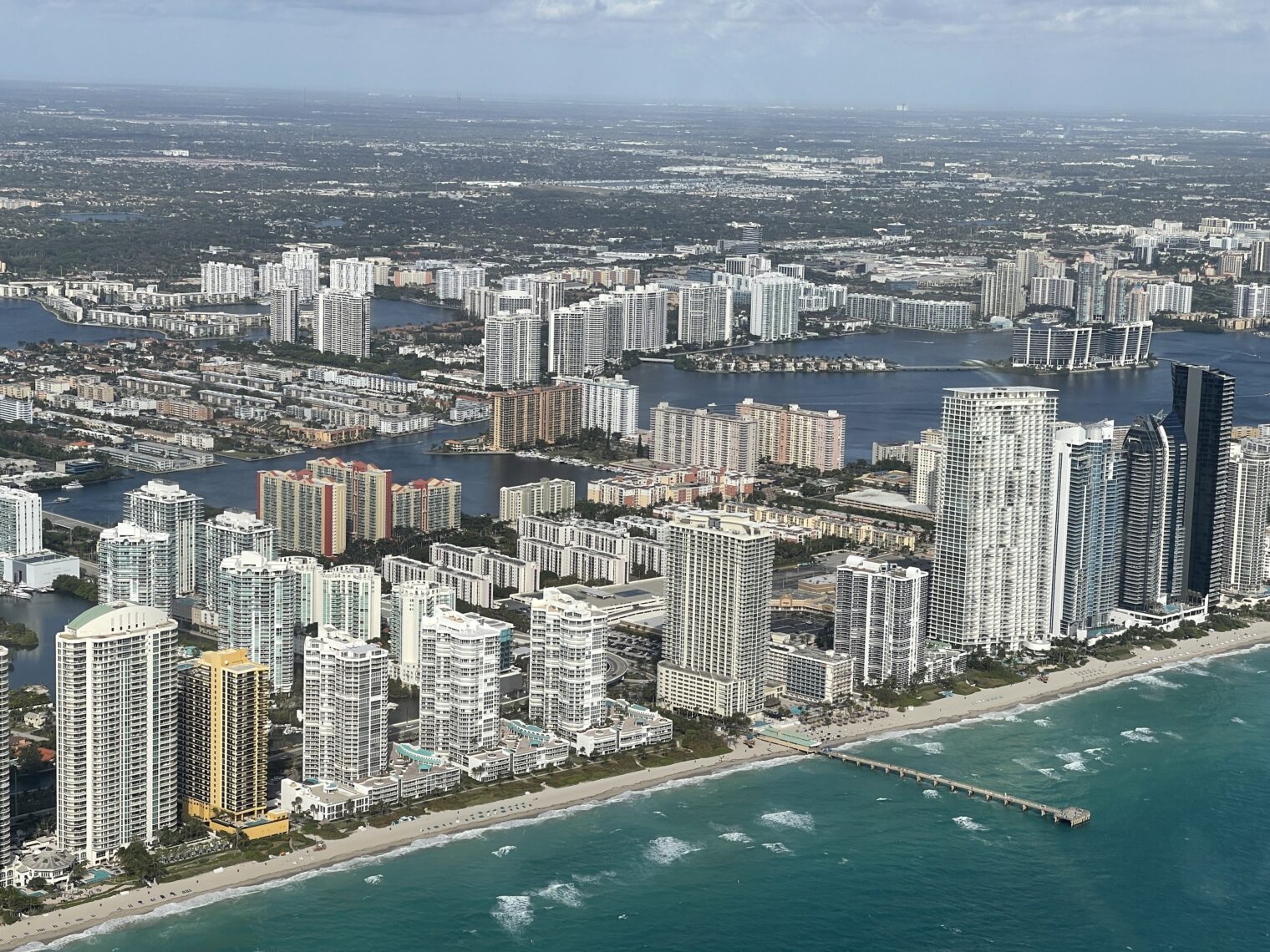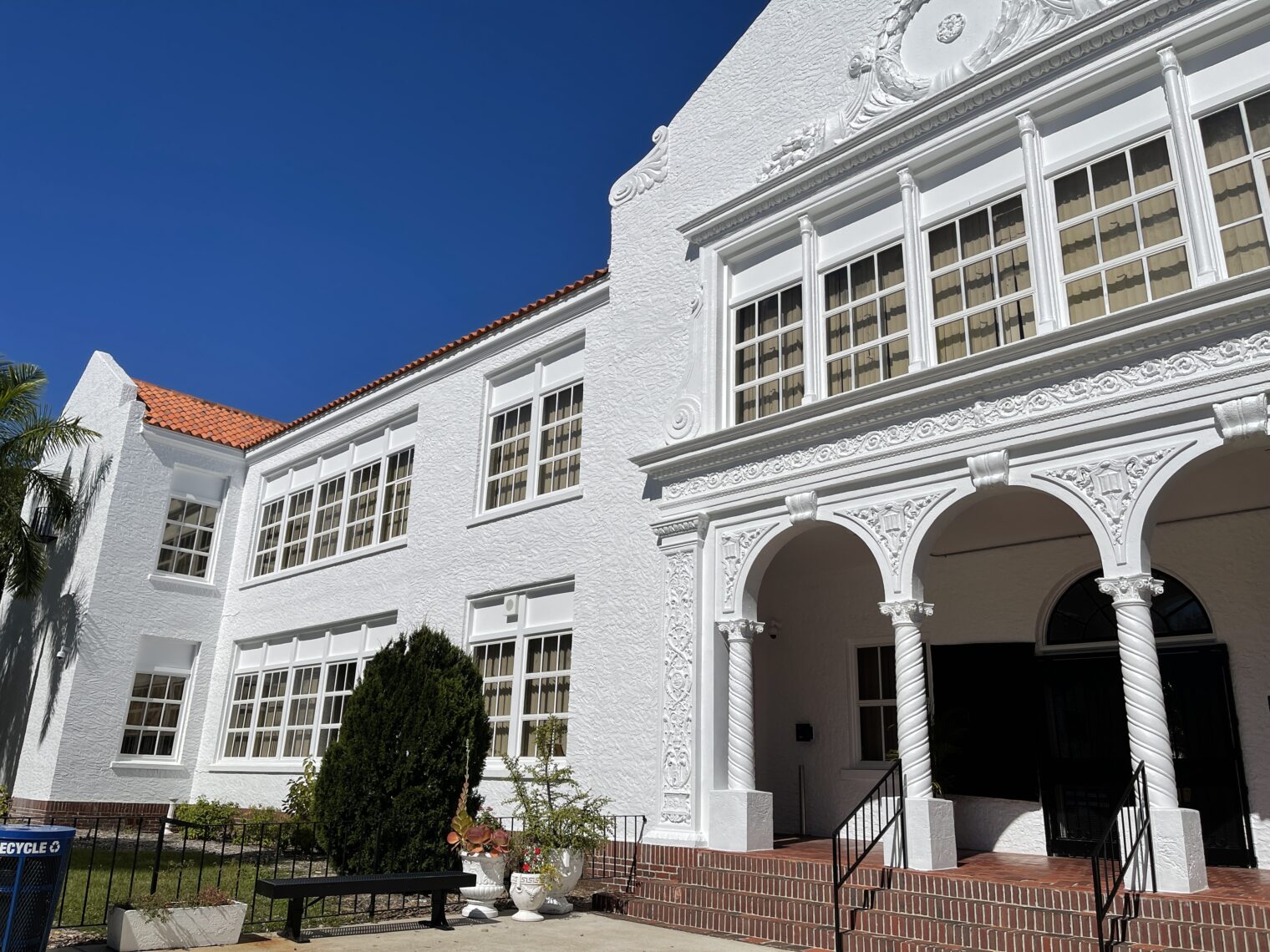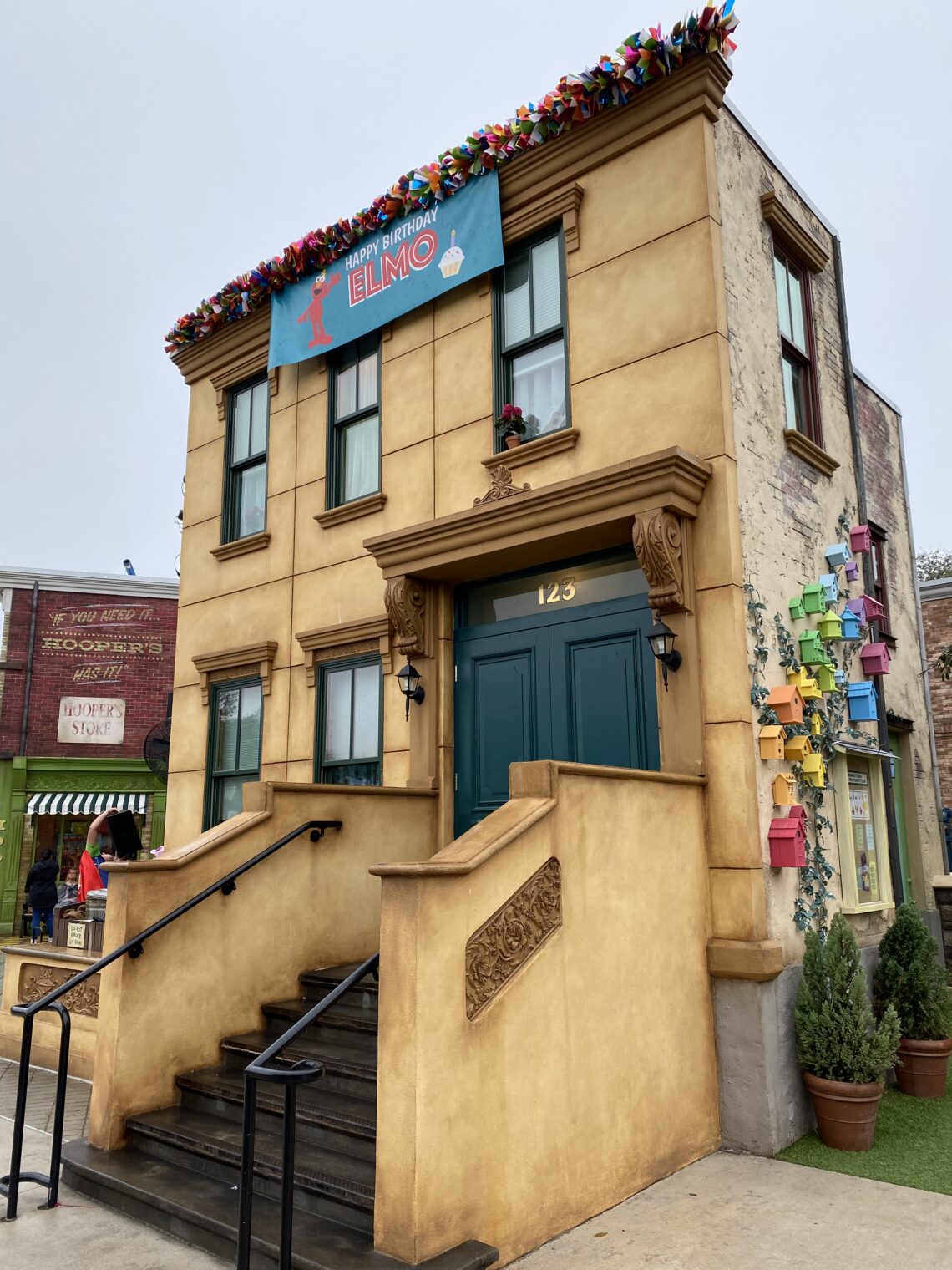Public school priorities
From our local education officials, who previously decided to build the most expensive (per student) school ever constructed in the United States ($250,000 per town-resident student, about $110 million for 440 K-8 students).
The May 20 Lincoln (PreK-8) School Committee meeting will focus on strategic priorities for the present school year. The highest priority for the District, aside from keeping our schools open during the pandemic, was professional learning on anti-racism across the district. At next Thursday evening’s School Committee meeting, members of the Lincoln Public Schools Anti-racism, Diversity, Equity and Inclusion Advisory Group (LAAG) will present their findings from surveys, focus groups, and an “equity audit.” LAAG includes 22 students, faculty, administrators, community representatives, and School Committee members. Their report outlines recommendations to be included in a multi-year District action plan. Please save the date.
(If anti-racism is priority #2, how far down the list is quality of education? We may never know! One thing that we do know is that quality of education for gifted students was not even on the list in Maskachusetts, going back to before coronaplague. See “Is Massachusetts failing its brightest kids?” (January 2020): Nearly every other state has a definition of giftedness, and 32 states require districts to identify and/or serve gifted students, according to the state report. In contrast, Massachusetts eliminated its specialized licensing of teachers for advanced learners because of the lack of instructors seeking the certification. Just 69 of the state’s 1,872 schools reported having a talented and gifted program in a 2015-16 survey conducted by the US Department of Education’s Office of Civil Rights. In the most recent survey of state policies and practices for gifted students, conducted in 2014-15 by two national organizations focused on gifted education, Massachusetts was one of nine states that didn’t even respond to the survey.)
The school’s email system adds the following signature, in red font, to every email from a 6th grade teacher:
Lincoln Public Schools are united in standing with those who are calling out ingrained racism and violence toward people of color in our country and calling for acknowledgement of humanity in one another. This is not just an issue for black and brown people, but an issue that impacts all of our futures. We must:
- Listen to each other, showing compassion and empathy
- Never turn our backs on senseless brutality
- Continue to denounce injustices
- Unify our voices to create systemic change
During this painful time, let us work together to be a light to break the darkness that silence can bring. Let us facilitate education, healing, connection, and let us support each other and our communities. Every one of us needs to be part of the solution and we must work together to ensure that there is justice for all.
My favorite part of the above is that the school stands with “those who are calling out ingrained racism”. They’re not standing with those who are doing something about ingrained racism. So they stand with a white person who puts a Black Lives Matter sign on his/her/zir/their lawn in an all-white 2-acre-minimum-zoned suburb. They don’t stand with a white person who moves to a town with Black and Brown neighbors (anyone in our town who wanted to do this would pocket $1 million, the difference in value between a house here and a house in a diverse community).
What are the priorities for schools in the town (Jupiter, Florida) where we’re moving in August? The school system is run by Palm Beach County:
The Gifted Education Program provides appropriate instruction for eligible students by delivering effective and innovative strategies beyond the basic curriculum. The program is designed to challenge and empower students to produce quality work and to become productive citizens while protecting and nurturing their unique characteristics.
The State of Florida defines a gifted student as “one who has superior intellectual development and is capable of high performance.” Schools have an obligation to identify and provide services for gifted students.
Palm Beach County School District currently universally screens second-grade students for gifted with the CogAT in 33 schools. … Students identified as being eligible to receive gifted services each have an Educational Plan (EP) that is developed to foster both their strengths and areas of need.
Should we abandon all hope that Floridians, despite the influx of the righteous from New York and Maskachusetts, will see the anti-racism light? No! “Palm Beach County school board’s new core principles call for equity, ‘dismantling racism’” (May 4, 2021):
Palm Beach County public schools are poised to adopt a new set of core principles this week declaring a heightened commitment to combating racism and ensuring equity for all students.
School board members have drafted new mission and vision statements and, for the first time, an “equity statement” underscoring the school district’s dedication to “dismantling racism and other systems of oppression and inequity.”
The move reflects the district’s effort to join the growing number of companies and government agencies publicly signaling their support for racial justice in the wake of the protests last year over the police killing of George Floyd.
Children of color make up the vast majority of students in the county’s public and charter schools. Of the 189,000 students, 36% are Hispanic, 29% are white, 28% are Black and 3% are Asian.
The centrality of George Floyd is interesting. He was killed by one government agency (the Minneapolis Police Department) and the solution is not for government agencies to have less power, smaller budgets, and a more focused mission, but rather for government agencies to have more power, bigger budgets, and a more complex and varied mission.
George Floyd is also central here. An email to the town mailing list from yesterday:
I’m a 5th grader at the Lincoln Public School.
I’d like to invite everyone to please join me in commemorating the death
of George Floyd one year after his death. *I’m coordinating students,
families and the community to come to Pierce Park and form a big heart
holding cards that we will be disseminating. The formation will be captured
via aerial photo, with the help of our Fire and Police Departments.We will have a brief vigil with speakers – especially from the children of
Lincoln, and 9:30min of silence to reflect.The event details are:
Layers of Love
Tuesday, May 25th
*Pierce Park *
4:30 – 5:30pm
Who will be brave enough to show up and read from “Sex Money & Drugs” off the Blockbleeders album by the rap group of which George Floyd was briefly a member?
Related:
- “Surprise: Florida and Texas Excel in Math and Reading Scores” (New York Times, October 2015): Florida and Texas look worse than they deserve to because they’re educating a more disadvantaged group of students than most states are. … With the [demographic] adjustments, Texas jumps all the way to third in the 2013 state ranking, and Florida to fourth.







